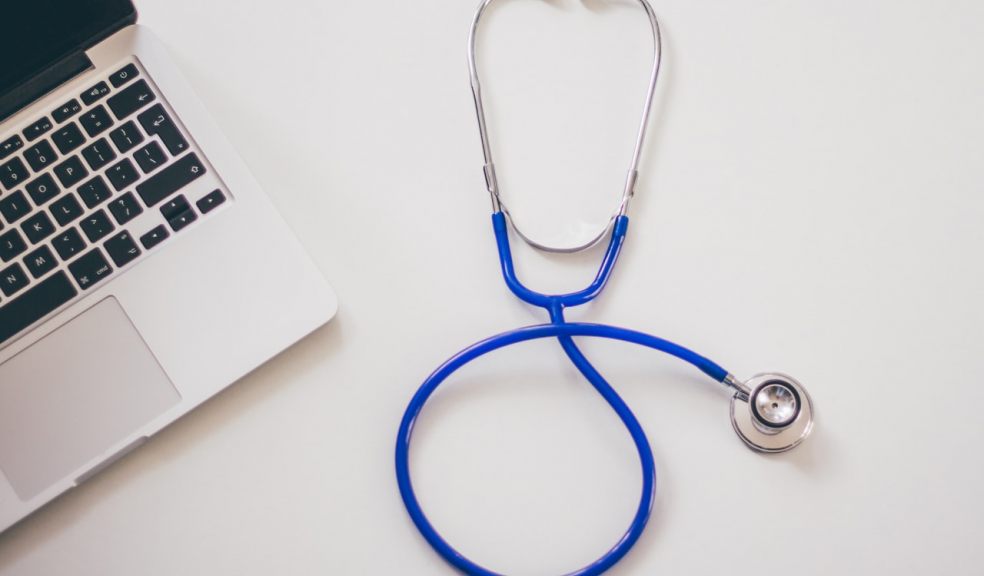
Dissecting the Latest Healthcare Trends
Medicine has evolved substantially in recent decades thanks to technological advances, a better understanding of complex biological processes, and continued research into new and innovative ways to promote health. From the medieval days of bloodletting, often through difficult periods of trial and error, our collective grasp on what works in terms of bettering humanity’s overall health has made enormous leaps.
Here are some of the key ways that healthcare has evolved, what it means for you and your family, and what kinds of new advances we might expect moving into the future.
Healthy Competition for Providers and Nutrition Companies
Restaurants and dry cleaners are not the only businesses that have been forced to deliver better quality service thanks to internet-based review services. Much like their peers, businesses delivering healthcare are subject to the same sort of public scrutiny in terms of their performance. As patients flex their collective financial power, healthcare providers have scrambled to revamp their delivery methods in an effort to gain the loyalty of patients who often have more choices than ever before in terms of where to seek their care. Providers, more than ever, are subject to the same incentive structure of maximizing effectiveness and minimizing cost. Study after study has demonstrated that an increased level of patient choice regarding where they seek care is positively correlated to an increase in their satisfaction. Supplement manufacturers are pressed to deliver innovative new ways to get daily vitamins. At PatchMD.com, customers can purchase bioavailable vitamin patches that can be worn for up to eight hours. It’s perfect for travelers and people on the go.
Telehealth
The trend of healthcare delivery via telecommunications technology is called telehealth and this is arguably the most important advancement in terms of delivering critical care to large numbers of people who experience roadblocks to accessing the care they need. Among the numerous benefits of telehealth is the provision of widespread access to populations that struggle to get the care they need, for example, the elderly, rural populations, and poor communities that often lack adequate transportation, time, or funds to physically reach the doctor’s office or hospital. Doctors and nurses are now able to consult with patients remotely, eliminating the need for physical travel.
In addition, telehealth has the potential to drastically reduce skyrocketing healthcare costs. In the UK alone, experts have offered estimates of savings by telehealth in the billions of dollars of implemented on a national scale.
Patient Empowerment via the Internet
Accessing high-value, scientifically researched medical information was once the domain of educated professionals and seasoned researchers, with important information hidden away in hard-to-read medical journals. The medical establishment served as a type of “gatekeeper” for information crucial for patients to understand their own conditions and make informed decisions about their care. Thanks to the internet, peer-reviewed studies are now available for free with just a few clicks of the mouse to reach. Best of all, the information is often translated into layman's terms which do not require extensive knowledge of industry jargon to digest.
Records Digitization
Administrative costs associated with healthcare are a major burden to both providers and patients, eating up time by staff that could otherwise be spent actually caring for patients and putting undue stress on patients who struggle to retrieve their medical records – especially those in paper-based systems. As many providers moved towards total digitization of record-keeping with information stored on internet clouds, the costs associated with keeping and maintaining records will continue to fall. Insurance billing forms, unnecessary duplication of paperwork, and complicated recording procedures add up to hundreds of billions of dollars every year. Unfortunately, the additional costs imposed by cumbersome record-keeping often go unnoticed by patients as they are invisible additions to insurance premiums and copays.
A nationwide, uniform, streamlined record-keeping protocol could shave that number in half, according to experts who study the healthcare industry’s clunky recording systems. Although there may be downsides to records digitization, such as the potential for theft of sensitive data, if these systems are instituted responsibly then the upsides of improved cost savings (not to mention the environmental advantage of reducing paperwork) will greatly outweigh any risks.

Treating Addiction
Most Americans are aware of the devastating human and financial cost of treating drug problems. In 2018, in the United States alone, the country spent nearly $700 billion dollars battling the opioid epidemic that has ravaged the rural Midwest and many other parts of the country. These costs are mostly due to in-patient and out-patient treatment, emergency services, and incarceration of drug offenders. Unfortunately, even these figures underestimate the true cost of the ongoing addiction crisis because they leave out lost productivity, mental anguish suffered by both people battling addiction and their loved ones, and multiple other detrimental side effects of addiction.
The future, however, holds some hope. Whereas dangerous narcotic pharmaceutical drugs like OxyContin were once prescribed freely for even moderate pain, providers have become more aware of their dangers in recent years. Alternative treatments that do not carry the same risks of abuse and overdose such as medical marijuana have become more common, and both local and federal agencies better have poured money into concerted efforts at understanding and eliminating drug abuse.
The Coming 5G Revolution
The most exciting prospects for a better healthcare future lie within the gigantic leaps that technology is making. Of all the fruits that the technological revolution has borne for healthcare, the best is yet to come. Recently in China, surgeons successfully performed heart surgery completely remotely using a 5G internet connection that transmits data at lightning-fast speed in real-time. Experts predict that in coming years, artificial intelligence will enable life-saving procedures such as these to be performed automatically through intelligent machines that are not subject to the same human errors that even the most accomplished surgeons make from time to time.
For all the potential pitfalls of an automated world and all the doomsday predictions made by naysayers of a dystopian future, the possibility of universal access to high-quality healthcare has never seemed as much as it does today in 2019. Many of the barriers, especially the financial ones, that prevent people from getting the care they need will likely be lifted as we move through the 21st century. For patients in need of lifesaving care, there has never been a better time to be alive.





















